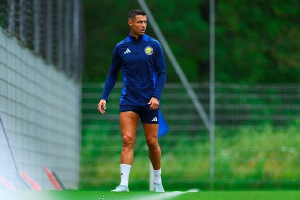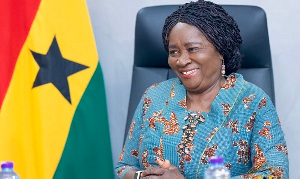The Integrated Social Development (ISODEC) on Monday engaged media personnel in a consultative meeting to solicit their contributions for developing an acceptable national agenda and demystifying the national economy.
The 30 news editors and senior media personnel who participated in the meeting, called for the creation of a national shared agenda that would be accepted by all and would be used as a guiding framework for a national development.
Mr Bishop Akologo, Executive Director of ISODEC, said his outfit was championing the creation of such a framework because, there was currently no such program that was accepted by all the political divide and could be used to ran the nation for the next 20 to 30 years irrespective of the political party in power.
He said countries like Malaysia, India and Korea among others, had created such guiding frameworks and had attained great strides in their national development.
Mrs Philomena Johnson, an officer of ISODEC, noted that the need to have a national agenda was being informed on the premise that Ghana’s natural resources had not been governed in a manner that brought lasting benefits to the people, and that the economic recovery programmes to engender reforms had not resulted in the diversification and transformation of the economy.
She said there was the need for a national consensus on the governance of the nation’s natural resources, adding that, national development plans prepared by the National Development Planning Commission did not seem to reflect the views of other political parties.
She said party manifestos which were normally used to run the nation by political leaders only defined the short and medium term visions for the nation and these were temporal options usually not shared by all, adding that “what Ghana needs now is one shared vision and a long-term national development framework”.
Mrs Johnson said ISODEC had already had some consultations with the leadership of parliament which resulted in the development of a governance framework to guide subsequent consultations with other stakeholders like the media, political parties, professional bodies, TUC, Council of State, Faith Based Organizations and National House of Chiefs.
Other topics discussed by participants at the event included: the role of state and its institutions like the MDAs and MMDA’s; role of market and private sector; financing essential services like water, education and health; rights to shelter, employment, natural resources governance, Tax and taxation; gender empowerment, agriculture and support to farmers; as well as the structure of national economy.**
Regional News of Monday, 30 April 2012
Source: GNA












